If you’ve ever walked into an unused room and thought, “Why cool or heat this space?” you’re not alone. Many homeowners believe that shutting off vents in unused rooms will save energy and lower their bills.
But here’s the surprise that a well-intentioned move could actually be hurting your HVAC system rather than helping it. Let’s break down what really happens when you shut those vents and what you should do instead.
The Hidden Problem With Closed Vents
Your HVAC system is designed to maintain balanced airflow throughout your home. When you close off a vent, you’re disrupting that balance. Think of it like pinching a garden hose: pressure builds up, but the water still has to go somewhere. The same happens with air in your ductwork.
Increased Pressure
Closing vents doesn’t stop your system from producing air. Instead, it increases pressure inside the ducts. This can strain the blower motor, forcing it to work harder just to push air around. Over time, this added stress can lead to mechanical wear or even blower failure.
Reduced Efficiency
When your system has to work harder against increased pressure, it actually consumes more energy, not less. The result? Higher utility bills and a system that struggles to maintain consistent comfort levels.
Air Leaks and Damage
That extra pressure can also push air out through small leaks or weak joints in your ductwork, wasting energy and reducing indoor air quality. In some cases, it can even cause ducts to separate or crack over time.
The Comfort Problem You Didn’t Expect
Closing vents might seem like a good idea, but it often leads to uneven temperatures throughout your home.
Rooms with open vents can become overly hot or cold as your HVAC system tries to compensate for the blocked airflow. Plus, heat or cool air can still seep into those “closed-off” rooms through walls and ceilings, so you’re not saving as much as you think.
Smart Alternatives That Actually Save Energy
If you’re looking to save energy the right way, there are better (and safer) strategies:
1. Schedule Regular Maintenance
2. Use Programmable or Smart Thermostats
3. Seal Air Leaks Around Your Home
4. Adjust Dampers, Not Vents
Keep Air Flowing And Energy Costs Down
Shutting off vents might sound like a simple energy-saving trick, but in reality, it can cause more harm than good. Balanced airflow is the key to comfort and efficiency, so it’s best to let your HVAC system breathe freely.
For expert HVAC maintenance, air balancing, and efficiency solutions, trust Service Champions to keep your system running strong and your energy bills low all year long.

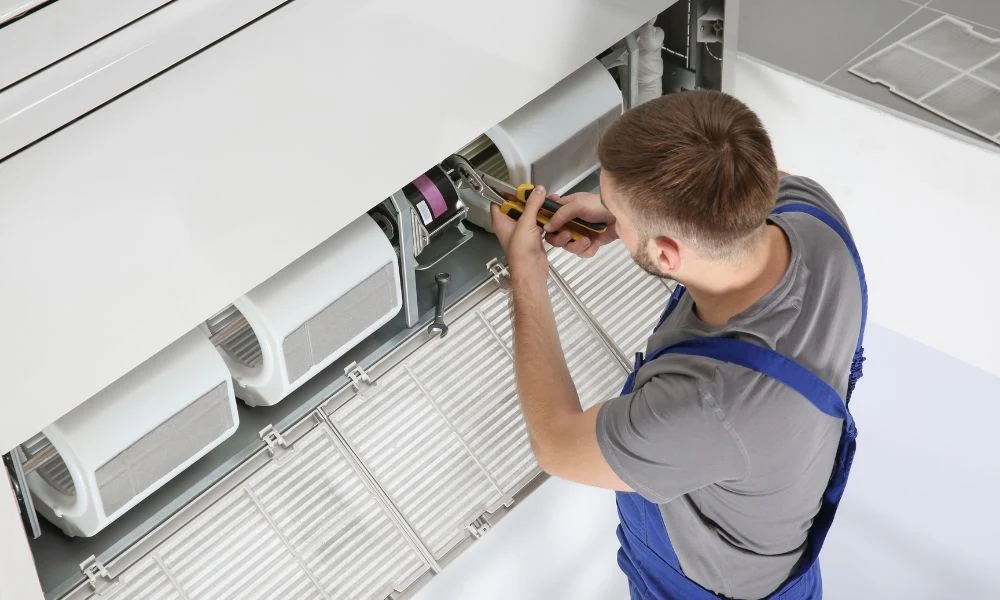

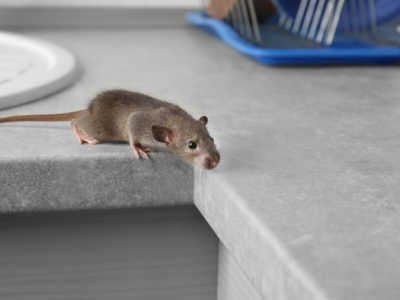
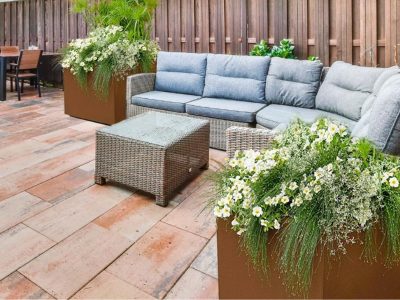
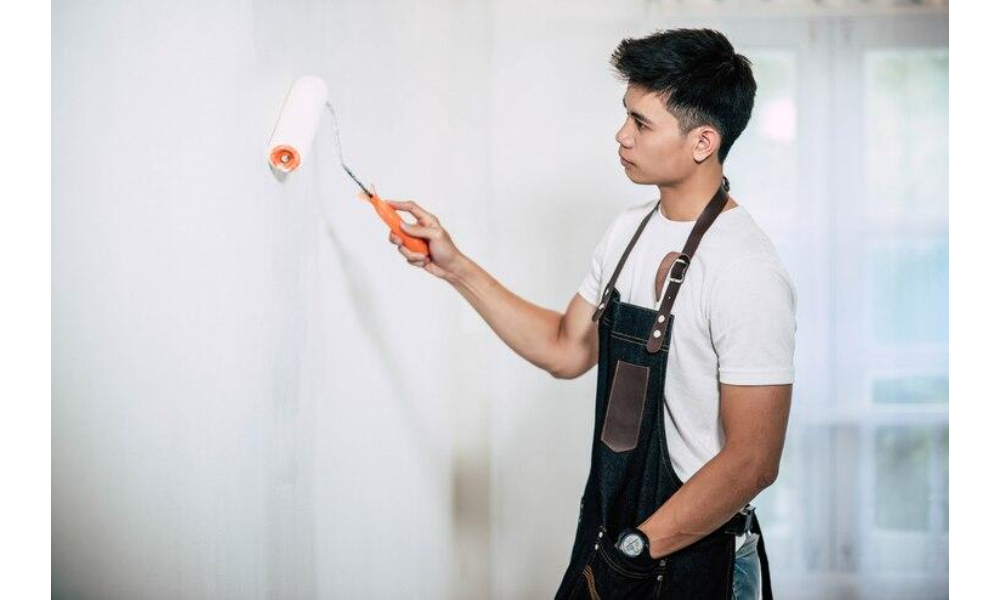

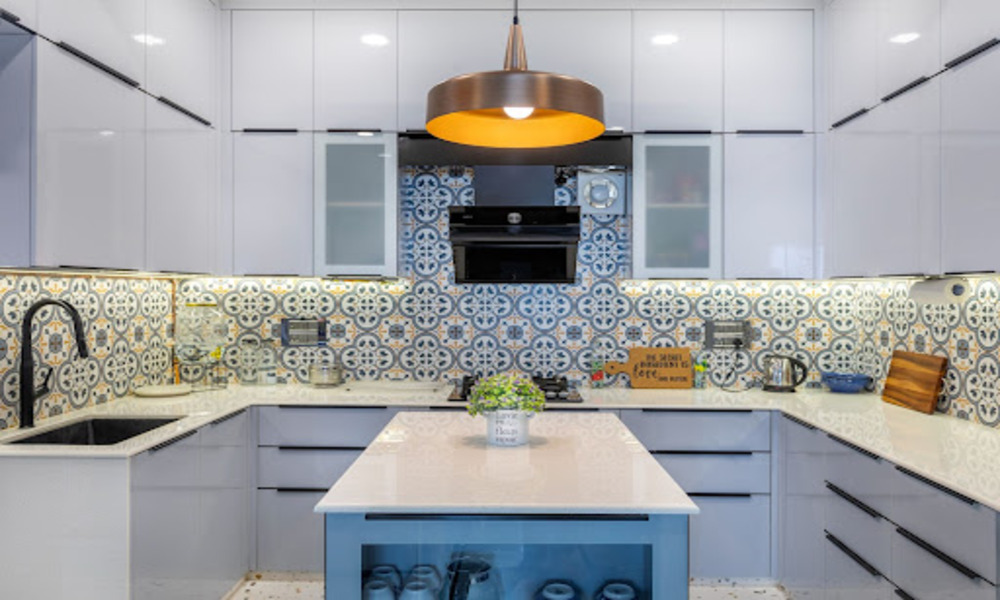
Comments